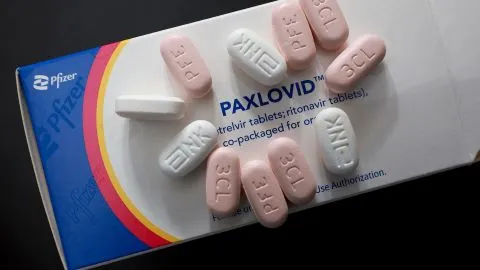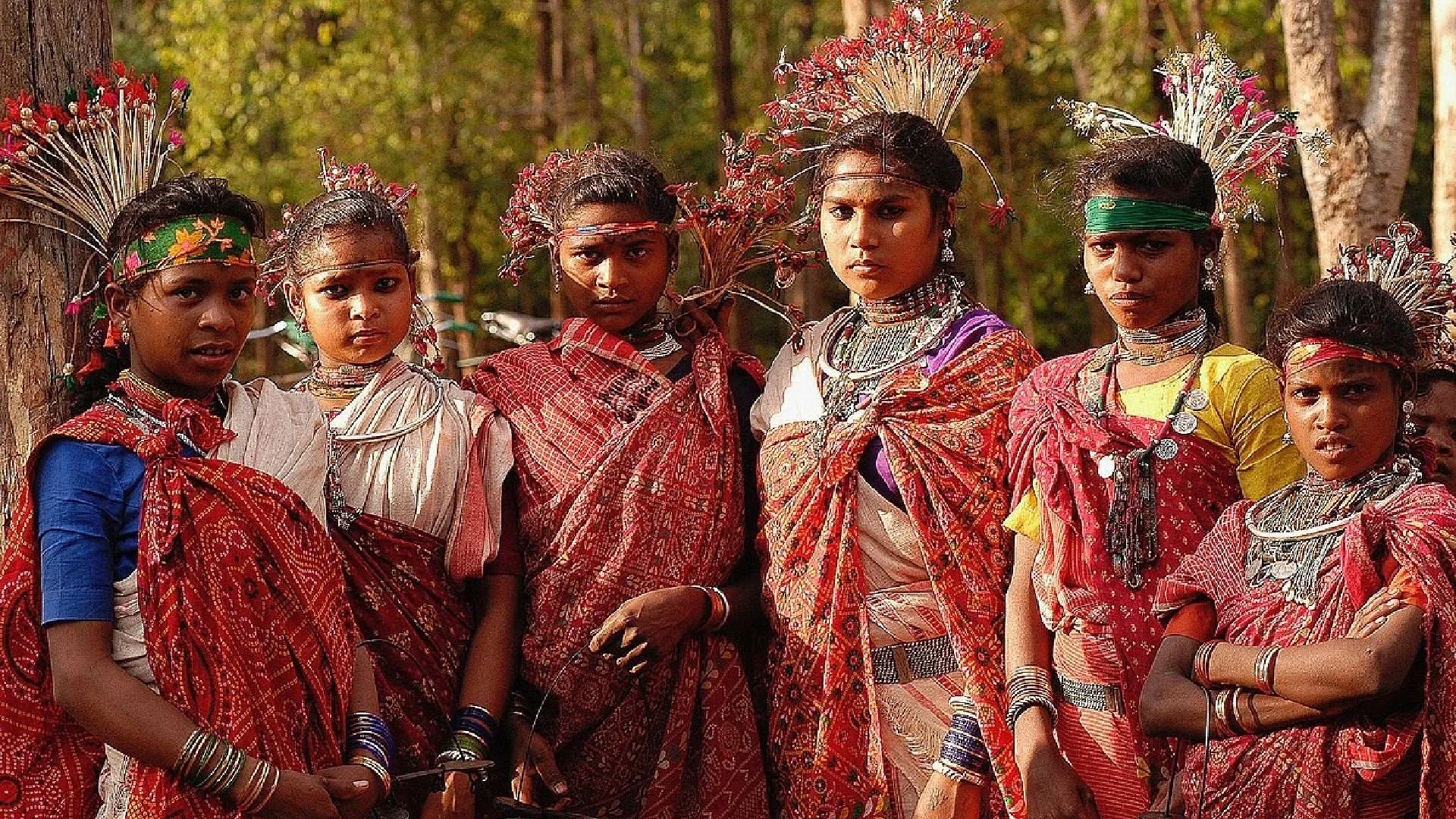Following a predicted decline in kharif, or summer-sown paddy output due to a poor monsoon in key producer states and in an effort to contain cereal prices, India is considering restricting rice exports in order to maintain its “national food security,” according to an official aware of the development.
The person added that other types of rice, as well as premium basmati rice, will continue to be exported while the idea is still being considered by the ministries of trade and food.
In states where rice is grown, insufficient rainfall will also reduce harvests, forcing many farmers to switch to other crops in the late stages. According to the aforementioned source, the government is thinking about banning the export of white broken rice only because doing so would ensure that domestic demand was adequately met and because there is a high estimate of global demand for this type of rice due to drought in many regions of the world.
India accounts for 40% of the world’s rice shipments, exporting over 22 million tonnes of rice in 2021 and 2022. India has always been a major exporter of rice.
The country’s paddy crop has been completely destroyed by a patchy monsoon in a number of regions, including Bihar, Uttar Pradesh, West Bengal, and Jharkhand. According to government estimates, the overall area sown with paddy, the main summer staple, has decreased by 7.6% to 36 million hectares from the 39 million hectares sown at this time last year.
Due to the anticipated lower production, prices for rice would rise over minimal support levels, according to Rahul Chauhan, an analyst with commodity trading company IGrain Pvt Ltd.
After an early summer of intense heat reduced wheat production by an estimated 2.5%, the nation outlawed private exports of wheat in May.
After a sweltering early summer reduced wheat output by an estimated 2.5%, the nation outlawed private wheat exports in May.
Even though a typical monsoon was predicted, the states where paddy is grown experienced insufficient or irregular summer rainfall, which watered just around 60% of the crops. Between June 1 and August 26, the rain-bearing system had an 8% overall surplus. However, monsoon deficits in the states of Uttar Pradesh, Bihar, West Bengal, and Jharkhand, however, have been approximately 45%, 41%, 27%, and 26%, respectively.
The government-run Food Corporation of India has 41 million tonnes of milled and rice paddy inventories as of August 1, exceeding the season’s 13.5 million tonne buffer requirement. The government has previously said that India has enough stocks of cereal to meet its needs for food security.























